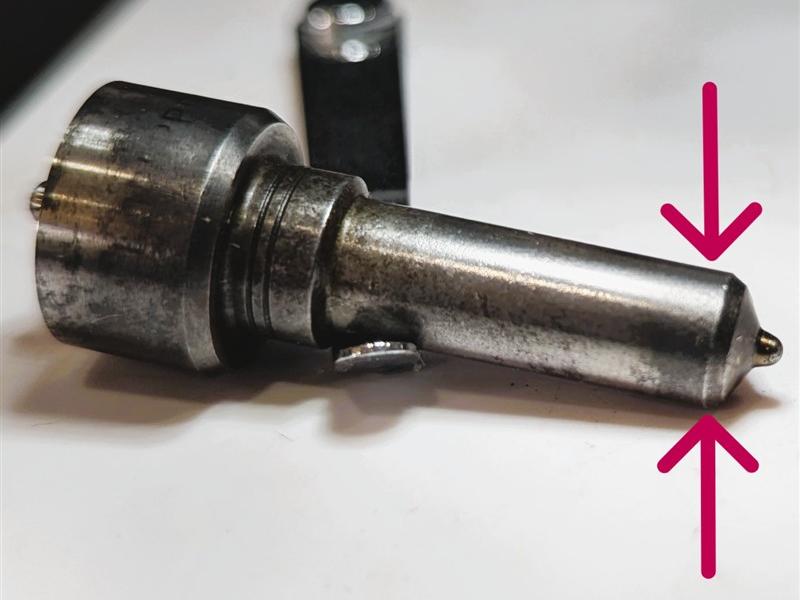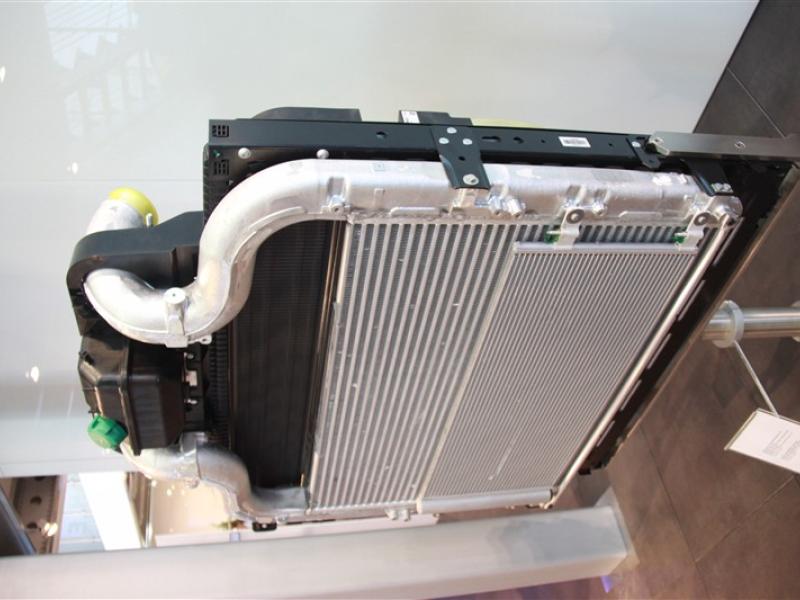Allianz UK is warning motor traders to be aware of the risks associated with Electric Vehicle (EV) battery fires, which have caused extensive damage in recent cases and created unique challenges.
Lithium-ion batteries, used in EVs, have been identified as a potential risk due to their thermal instability. When damaged, mishandled, stored or transported incorrectly, these batteries can experience ‘thermal runaway’, a rapid self-heating fire that can lead to explosions which can happen days or even weeks later.
While research, including findings from Thatcham Research, indicates that EVs are generally less likely to catch fire compared to traditional combustion engines, the intensity and severity of these fires can be significantly greater.
This is due to the ferocity with which lithium-ion batteries can burn, posing unique challenges for motor traders, particularly in relation to health and safety.
This has been observed in several high-profile cases within the motor trade sector. Additionally, some EV batteries have increasingly been found to have manufacturing defects, raising the risk of combustion.
Olivia Baker, head of motor trade, Allianz UK, commented: “The severity and financial impact of lithium-ion battery fires are considerable. Due to the chemical reactions and toxic material that are left behind, these fires can render buildings beyond economical repair.
“Understanding the risks and implementing effective prevention and management strategies are crucial to safeguarding businesses and ensuring the safety of employees, though thankfully at the moment the total number of claims is relatively low.”
Two recent motor trade premise fires resulted in over £5m and £1.5m worth of claims. Both were the result of a faulty EV battery that had been removed and was stored at the garage awaiting collection from the manufacturer for investigation.
It is not just EV batteries that business should be aware of, many portable hand tools contain lithium-ion batteries too. A recent fire at a tyre fitting centre resulted in a £250,000 claim after a power tool caught fire whilst being charged.
Motor traders frequently interact with EVs, but the risks are heightened when vehicles are showing signs of battery defects or are subject to recalls or advisory notices linked to the battery. Businesses with high vehicle throughput, such as sales companies and repairers, are particularly affected.
Franchised dealers often face additional exposure when EVs are brought in for diagnostics or warranty work. Breakdown recovery operators will also need to quickly assess the issues with the vehicles they are asked to pick up.
To mitigate these risks, Allianz recommends:
• Implementing rigorous inspection protocols for damaged batteries.
• Ensuring proper storage and charging practices.
• Collaborating with insurers and brokers to prevent incidents.
Risk management guidance is available to brokers and policyholders from Allianz. By increasing awareness and education on lithium-ion battery risks, businesses can enhance safety and minimise potential hazards.
Allianz UK warns motor traders of high risks and costs of EV battery fires
Allianz UK warns motor traders of high risks and costs of EV battery fires
Servicing
Thursday, 01 May 2025






